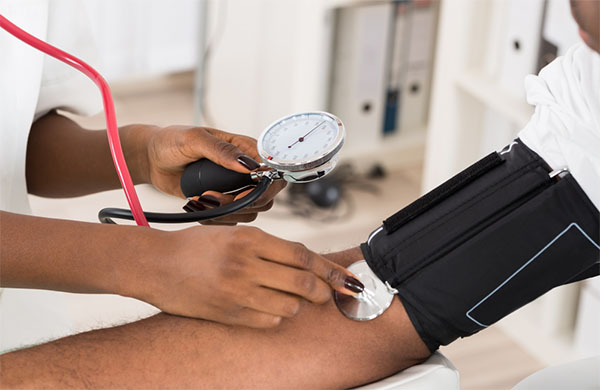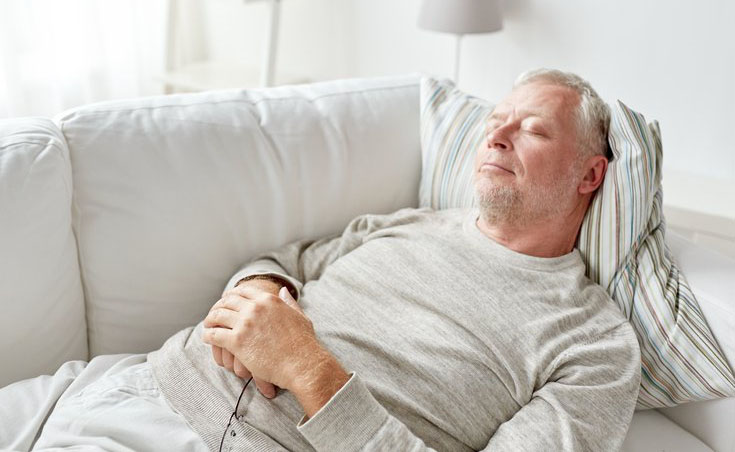As we get older, taking a refreshing nap in the afternoon becomes a regular routine for many. However, new research published by Hypertension, a journal from the American Heart Association, shows an associated risk between sleeping during the day and high blood pressure. There also appears to be an increased risk of strokes, and this is a problem as millions of people regularly take afternoon naps.
In the study, researchers used a measured variation in genes and long-term observational analysis, finding a link between high blood pressure and strokes. Researchers used the UK Biobank, an anonymous biomedical database containing genetic, health, and lifestyle information.
More than 500,000 participants were used in the study, with ages ranging from 40 to 69 years old. Participants in the study provided lifestyle information which included details of naps during the day. These participants also provided blood, saliva, and urine samples to aid analysis.
Researchers use the data provided to analyze the causes of high blood pressure and first-time strokes. This risk was measured over an 11-year period, with the group of participants reduced to 360,000, removing anyone who had already suffered from a stroke or high blood pressure.
The researchers used information about daytime sleeping, self-reported by the participants in the study, to group participants. These groupings were:
■ Never or rarely
■ Sometimes
■ Usually
Perhaps unsurprisingly, men reported taking short sleeps during the daytime more frequently than women. It was also found that daytime naps were more common in people with lower education and income levels. People who drank daily, smoked cigarettes, and suffered from insomnia or snoring were more likely to take naps. The same was also true of people who described themselves as an evening person.
 The study ultimately found that regular nappers were 12% more likely to develop high blood pressure. Daytime sleeping also seems to increase your chances of having a stroke by 24%.
The study ultimately found that regular nappers were 12% more likely to develop high blood pressure. Daytime sleeping also seems to increase your chances of having a stroke by 24%.
There was a 20% increased risk of high blood pressure for participants under the age of 60 when compared to people who never nap during the day. For people over the age of 60, taking naps resulted in a 10% higher risk of high blood pressure compared to those who never did.
The study also discovered that people with a genetic tendency to be more likely at risk of high blood pressure were more likely to nap frequently.
 Daytime sleeping has also previously been associated with increased risks for many health issues including heart problems. So it’s perhaps not surprising that it shows an increased risk of high blood pressure and stroke as well. The study shows the importance of getting a good night’s sleep, something that cannot be remedied by taking short sleeps during the day.
Daytime sleeping has also previously been associated with increased risks for many health issues including heart problems. So it’s perhaps not surprising that it shows an increased risk of high blood pressure and stroke as well. The study shows the importance of getting a good night’s sleep, something that cannot be remedied by taking short sleeps during the day.
The researchers also highlighted the limitations of their study. Since they were relying on self-reported nap frequency, and the duration of sleep wasn’t measured or asked, more research is needed. There hasn’t been much research on the biological mechanisms of daytime sleeping, and how it affects blood pressure or the risk of having a stroke.




